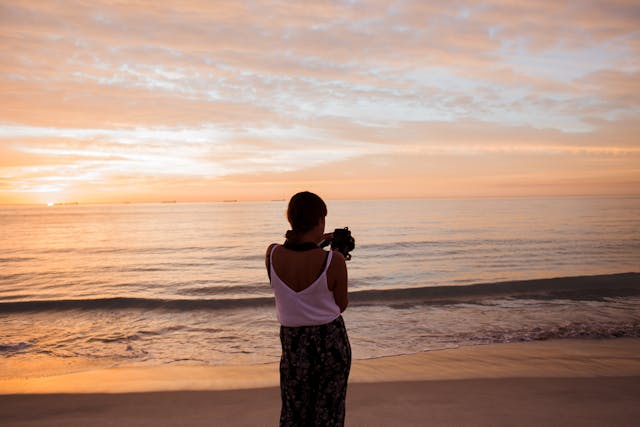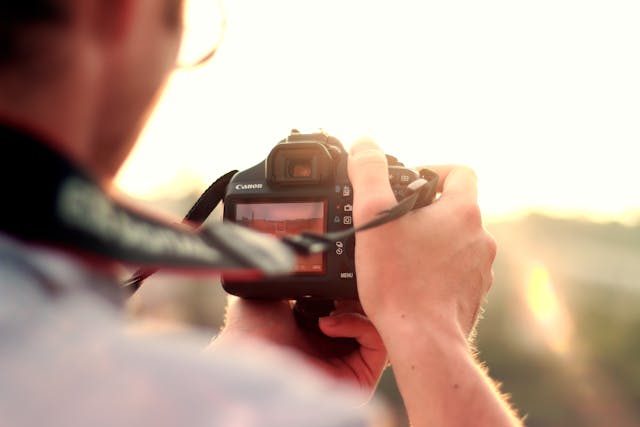Mastering the Golden Hour: How to Capture Stunning Light in Your Photos
Photography is all about light, and few lighting moments are as magical as the golden hour. This special time just after sunrise or before sunset offers soft, warm light that can transform ordinary photos into breathtaking images. Here’s how you can master the golden hour and take stunning photos every time.

What Is the Golden Hour?
The golden hour is the period shortly after the sun rises and before it sets. During this time, sunlight passes through more of the Earth’s atmosphere, creating a warm, golden glow. Shadows are longer and softer, and the light is less harsh compared to midday sun.
This creates ideal conditions for photography, adding depth, texture, and rich colors to your shots.
Why Photographers Love the Golden Hour
Soft, Warm Light
Unlike the harsh midday sun, golden hour light is gentle and flattering. It reduces strong shadows and highlights, making it perfect for portraits, landscapes, and still life.
Dramatic Shadows and Highlights
The low angle of the sun creates long shadows and beautiful highlights that add drama and dimension to photos. This helps make images look more dynamic and interesting.
Vibrant Colors
Colors appear richer and warmer during the golden hour. Skin tones look more natural, and landscapes gain a warm, inviting feel.
Tips for Capturing the Best Golden Hour Photos
Plan Ahead and Be Ready
Golden hour lasts only about an hour—sometimes less—so timing is key. Check sunrise and sunset times and arrive early to set up. Having your camera ready means you won’t miss the best light.
Use the Right Camera Settings
Shoot in manual or aperture priority mode to control exposure. A wide aperture (low f-number) can create a lovely background blur, while adjusting ISO and shutter speed helps capture the perfect brightness.
Experiment with Angles and Composition
Try shooting toward the sun to create silhouettes or backlighting effects. Use natural elements like trees or buildings to frame your subject. Don’t be afraid to move around and try different perspectives.
Embrace Shadows and Highlights
Instead of avoiding shadows, use them to add mood and contrast. Golden hour shadows are soft enough to add interest without being too harsh.

Beyond the Basics: Creative Golden Hour Techniques
Golden Hour Portraits
Golden hour is fantastic for portraits. Position your subject so the warm light hits their face gently, or use the sun as a backlight for a glowing hair effect called a rim light.
Landscape Magic
Capture wide landscapes with golden hues. Look for reflections on water or dewy grass to enhance the light. Mountains and city skylines look stunning bathed in golden hour tones.
Use Filters and Editing
A polarizing filter can deepen skies and reduce glare. In post-processing, slightly boost warmth and contrast to highlight the golden hour glow without overdoing it.
Final Thoughts: Practice Makes Perfect
Mastering the golden hour takes patience and practice, but the results are worth it. By understanding the light, planning your shoot, and experimenting with techniques, you can create stunning photos that truly shine.
So next time you grab your camera, set your alarm a little earlier or stay out a bit later. Catch the golden hour and let your creativity glow.












